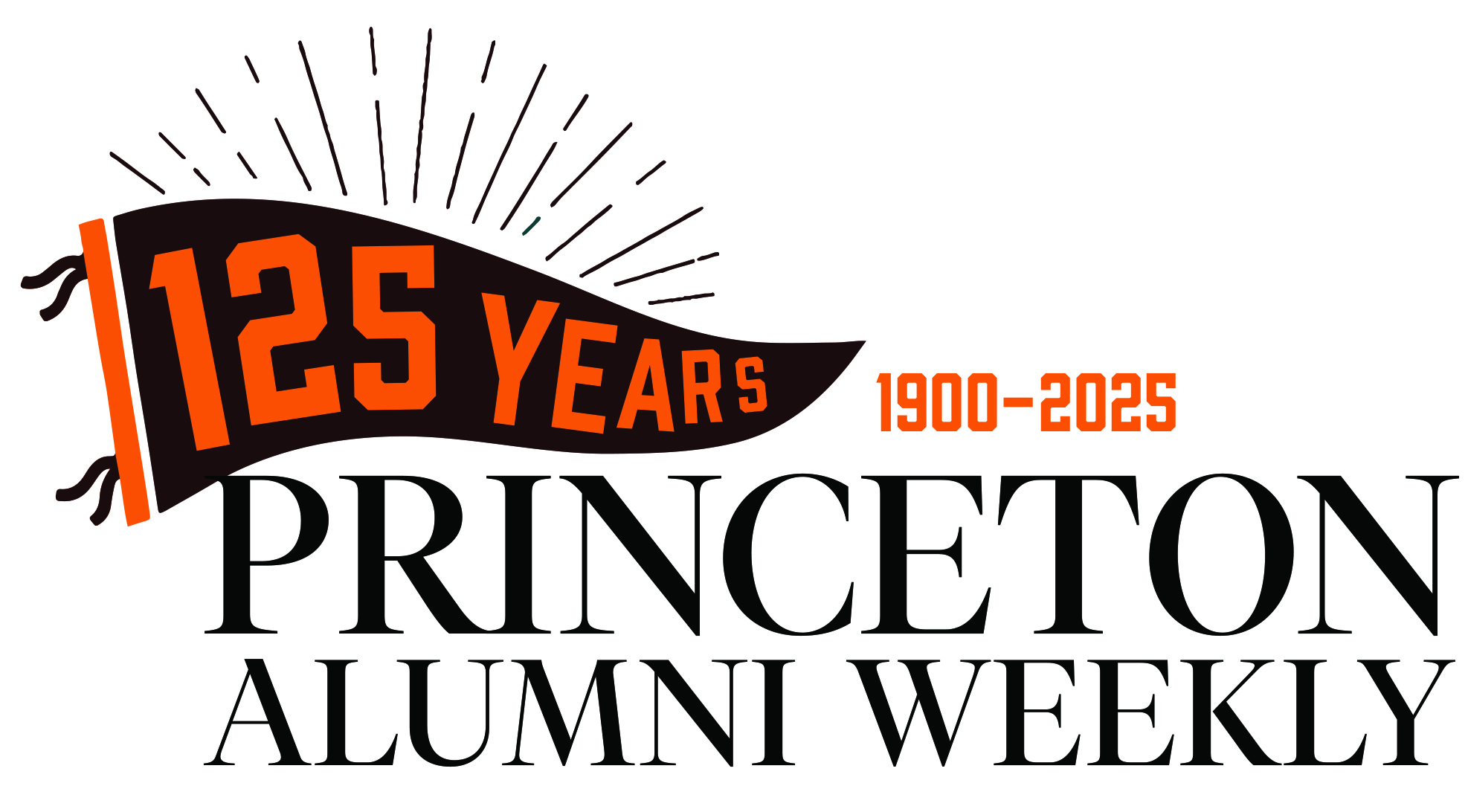Princeton’s Endowment Investments Fall 1.5 Percent As U.S. Market Falters
The University still fares better than most of the Ivy League as overall value drops to $35.8 billion

Princeton’s endowment lost 1.5 percent on its investments in the fiscal year that ended June 30, 2022, finishing with a value of $35.8 billion, according to a University release. The rare drop follows one of the endowment’s most successful years on record, a 46.9 percent return in 2020-21.
“I’m actually much more proud of this year than I was of last year,” said Andrew Golden, the longtime president of the Princeton University Investment Company (Princo). He pointed to lemons-to-lemonade investments like market-index hedges that helped to preserve the endowment’s value in a challenging economy.
In 2021-22, Princo fared better than most of its Ivy League peers; only one reported a positive return on investments (Yale, 0.8 percent). In August, Bloomberg reported that a Wilshire Trust Universe Comparison Service study estimated a median loss of 10.2 percent for U.S. college endowments in the fiscal year but a modest gain of 0.9 percent for the largest endowments.
Golden said Princo had positive returns in real assets (up 11 percent) and private equity (up 8 percent) but absorbed losses in its more traditional equity categories, developed markets (down 26 percent) and emerging markets (down 18 percent).
Princo last reported a negative return in 2008-09, when investments lost more than 23 percent of their value amid a global financial crisis. The University recouped those losses by the end of the 2010-11 fiscal year.
Endowment distributions and other investment income fund 66 percent of the University’s annual operating budget, according to the University, and the average annual returns on Princeton’s endowment have been 12.2 percent for the past 10 years and 11 percent for the past 20 years.
In addition to its regular investment activities, Princo has been working to divest from all fossil-fuel stocks, following a decision approved by Princeton’s trustees in late September. “We are well underway,” Golden said. “Like a lot of things, the devil’s in the details, but we’re committed to follow through on this as fast as is practical.”
Endowments also have been drawing scrutiny on Capitol Hill, where Rep. Emanuel Cleaver, a Democrat from Missouri, has introduced a bill that would require colleges and universities to report data on how much of their investment portfolios are managed by women- and minority-owned firms.
The Knight Foundation tried to gather this information for its own report on the diversity of asset managers in higher education endowments, reaching out to the top 25 public and top 25 private endowments. Princeton was one of just 16 institutions that provided data; in 2021, 26.8 percent of its analyzed assets were managed by women-owned, minority-owned, or diverse-owned firms.
Golden said that 75 percent of the new managers Princo has hired in the last four years are diverse, as defined by the Knight survey. “While we have to keep seeking to invest with already diverse firms, we have to make sure that we don’t lose sight of the need for not-yet-diverse firms to become diverse,” he said. “It’s going to be hard to achieve our goal of having our roster, let alone the industry, look like America if the focus is purely on already diverse entities.”











0 Responses